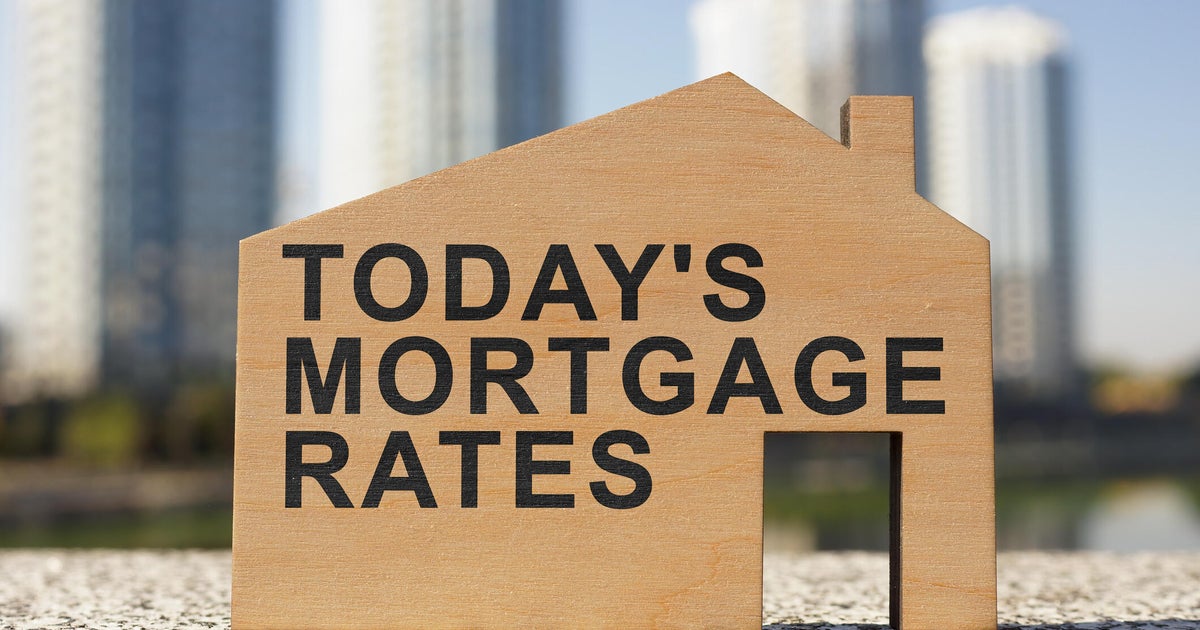Is the Fed about to make a policy mistake?
After a week of aggressively hawkish commentary, Federal Reserve policymakers have all but assured investors they’ll raise interest rates again at their March policy meeting -- a mere week-and-a-half away. After hiking rates just twice in the last 10 years, Janet Yellen’s Fed is about to precipitously accelerate that pace to two hikes in just three months.
Is that a mistake? Has the Fed been gotten caught up in the same post-election whirlwind that has boosted the Dow Jones industrials index past the 21,000 level, while “soft” survey-based measures of economic vitality and “hard” economic data disappoint, and first-quarter GDP growth estimates get cut?
On Friday, in a speech in Chicago, Yellen endorsed the hawkishness from her colleagues that has pushed March rate hikes odds in the futures market to 80 percent -- over the 70 percent threshold that presaged the rate hikes in December 2015 and December 2016.
She said the labor market had essentially hit the Fed’s full-employment mandate, while inflation was moving closer to the central bank’s 2 percent goal (as reflected in the core “personal consumption expenditure” metric shown below).
She added that the Fed would likely move rates higher at a faster pace than it did over the past two years. Fed Vice-Chair Stanley Fischer backed Yellen up, saying almost no economic indicator has come out badly in the last three months.
Looking ahead, Friday’s employment report will set the stage for the Fed’s policy statement the following Wednesday. Deutsche Bank analysts are looking for payroll growth of 200,000 on positive seasonality and increased government hiring. Other data to watch include January factory orders, the trade balance and inventories.
Paul Ashworth at Capital Economics worries the Fed could be moving too soon. While his calculations suggests first-quarter GDP growth will still clock in at 2 percent, recent data has “made us nervous,” he said. Data like the 0.3 percent month-over-month drop in real consumption in January. Or the dip in auto sales. Or the 1 percent decline in construction spending in January.
New York Fed President William Dudley explained last week that the case for another rate hike so soon after the December tightening -- in light of this economic unevenness -- could be justified by improving financial conditions (namely, soaring stock prices) and strength in business and household sentiment.
In other words, the market rally and widespread confidence is enough for the rate-setters to pull the trigger. If this confidence fails to generate real economic activity, in retrospect, the Fed’s increasingly likely hike will be proven ill-advised.




